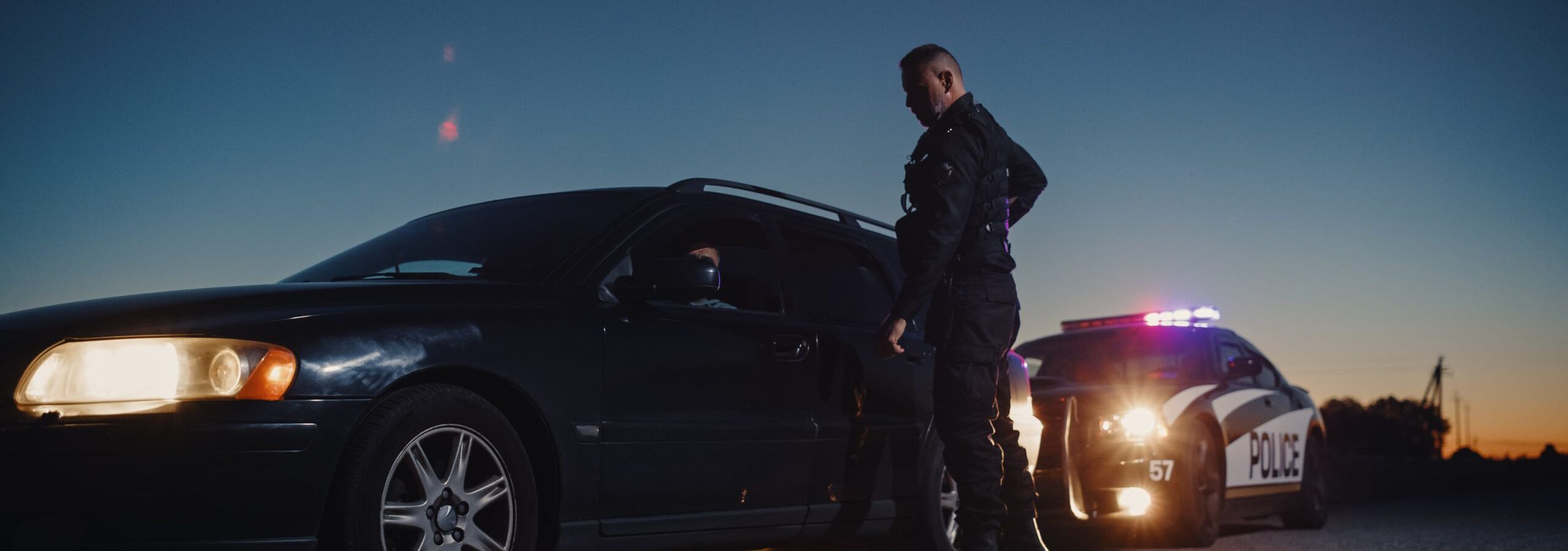
How the DUI Process Works in Canada: From Arrest to Resolution
If you’ve been charged with a DUI in Canada, you’re likely feeling overwhelmed and unsure of what to expect. Understanding the DUI process—from arrest to resolution—can help you prepare for what’s ahead and make informed decisions about your case.
In this post, we’ll walk you through the DUI process in Canada, explain each step, and highlight why having a skilled lawyer is essential to protect your rights and achieve the best possible outcome.
Why Understanding the DUI Process Matters
A DUI charge can have life-altering consequences. Each step of the process, from your arrest to the final resolution, impacts the outcome. Understanding what to expect helps you navigate the process with confidence and protect your rights.
The DUI Process in Canada
Here’s a step-by-step breakdown of the DUI process in Canada:
1. The Arrest
If the police suspect you’ve been drinking and driving, they may pull you over and ask you to perform a breathalyzer test.
Failing the test will result in the police arresting you and taking you to the station for further testing. Should the results exceed the legal limit, they will lay charges
Declining a breathalyzer test results in the police charging you with refusing to blow. They may or may not take you to the station for this.
Police do not need to perform a roadside breathalyzer if there are enough grounds to ask you to blow without one.
2. Charges Laid
If the police believe they have enough evidence, they’ll forward charges to the Crown prosecutor’s office. Then a prosecutor will review the file to determine if there is a substantial likelihood of conviction. If they feel there is, they will charge you with impaired driving under the Criminal Code of Canada.
The court will set a date for your hearing and release you with conditions, such as not driving or consuming alcohol.
3. First Court Appearance
At your first court appearance, you’ll be given a chance to get the evidence, known as disclosure, in your case, after which the court will adjourn for a few weeks. Meanwhile, this gives you time to get a lawyer and legal advice. Ideally, you should try to hire a lawyer before your first appearance.
After the first appearance, you will be asked to enter a plea (guilty, not guilty, or no contest).
If you plead not guilty, the case will proceed to trial.
4. Disclosure
Your lawyer will request disclosure, which includes all the evidence the prosecution has against you (e.g., police reports, breathalyzer results).
Your lawyer will review the disclosure to identify weaknesses in the prosecution’s case.
5. Pre-Trial Motions
Your lawyer may also file pre-trial motions, such as a Charter application, in order to argue that your rights were violated during the arrest.
If successful, the evidence against you may be excluded, and the charges may be dismissed.
6. Trial
If the case goes to trial, the prosecution must prove your guilt beyond a reasonable doubt.
Your lawyer will present your defence, challenge the evidence, and cross-examine witnesses.
7. Sentencing
If the judge finds you guilty, they will impose a sentence based on the facts of the case and any aggravating or mitigating factors.
Possible penalties include fines, license suspension, and even jail time. A criminal record is automatic.
8. Appeal
If you believe there was an error in the trial, you can appeal the decision to a higher court.
Why You Need a Lawyer
Navigating the DUI process requires skill, experience, and a deep understanding of the law. A skilled DUI lawyer can explain each step of the process and what to expect, challenge the evidence against you and file pre-trial motions to have the charges dismissed.
A lawyer will represent you in court and advocate for your rights and negotiate with the prosecution to reduce or dismiss the charges.
Without a lawyer, you risk missing critical opportunities to defend yourself and could face the maximum penalties.
The DUI process in Canada is complex and can have serious consequences. However, with the right legal representation, you can effectively navigate it with confidence and ultimately protect your future.
If you’re facing a DUI charge, don’t wait. Contact a skilled DUI lawyer today to start building your defence and achieve the best possible outcome.